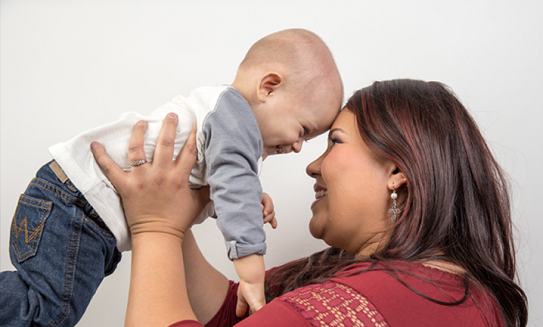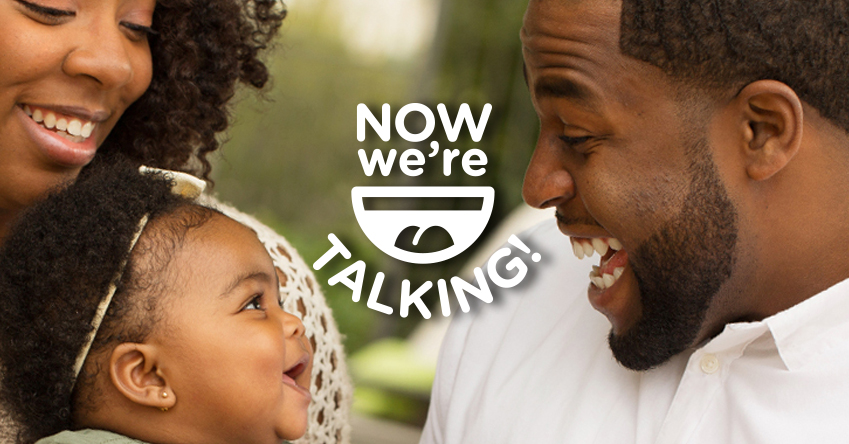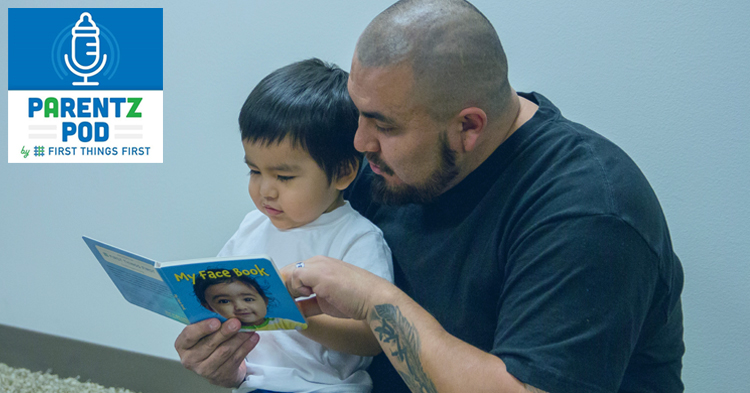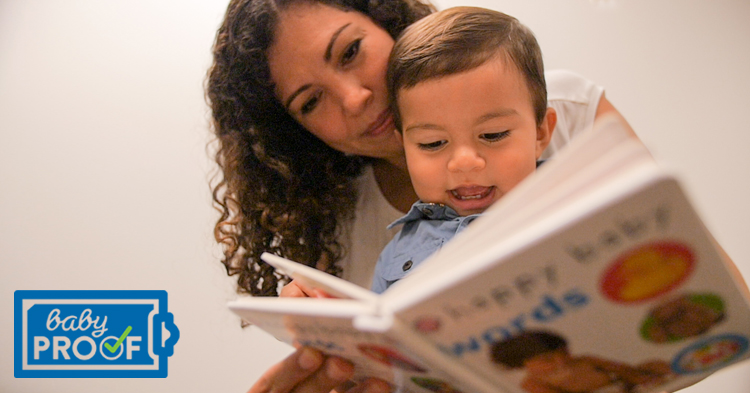Watching television or videos – even programs billed as educational – does not help children under age 2 learn language. Babies and toddlers learn new words and develop language skills by listening and interacting with caring adults – real talk from real people, not TV or videos.
That’s a fact proven by decades of studies and scientific research. But many parents aren’t sure about this truth. A 2009 survey of parents of children age 5 and younger found that only half said it is definitely true that TV is not a substitute for interaction with a real person (Right!). One-third of parents said it is probably or definitely true that TV is as beneficial for language development (Not quite…).
Starting from birth, young kids need to hear words and have conversations with the people in their lives, which is a much different experience than sitting in front of a screen. A conversation is back-and-forth and responsive,while watching television is passive and one-way. In fact, studies have shown that, for children under age 2, watching TV actually delays language development – even quality programs.
You might be interested in:

For older kids, high-quality children’s programming can have benefits. For example, one study found that children age 3-5 who watched Sesame Street and Mister Rogers’ Neighborhood had larger vocabularies in high school than children who watched other television programming, or even no TV at all.
But for very young children, there’s no substitute for talk, conversation, books, songs and stories. Live and in-person is best.





